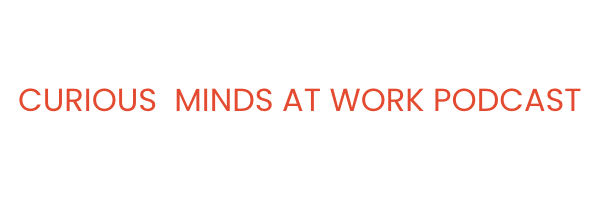 How would our decision-making change if we shifted focus from the present to the future?
How would our decision-making change if we shifted focus from the present to the future?
Instant gratification comes easily to us. But when we delay tackling long-term problems associated with things like, health, climate, or society, we cheat our future selves. Bina Venkataraman, author of the book, The Optimist’s Telescope: Thinking Ahead in a Reckless Age, argues that it doesn’t have to be this way.
Mining related research from the fields of biology, psychology, and economics, Bina shares steps we can take to make wiser decisions. For example, she invites us to look more closely at the kinds of data we’re gathering. She explains, “So often we’re measuring a lot of immediate results…And that’s true whether you look at our sensors that track the steps we take, small fluctuations in temperature or the stock market, or test scores for kids in school.” Yet, she argues that this kind of data is “not always a great proxy of what we actually want to accomplish in the long run.”
Instead, she explains that it’s when we telescope out that we see what’s at stake. But only if we make it a habit to do so. And though it’s a habit that’s hard to master, Bina believes we have a choice. She shares, “we’re actually not cursed to this recklessness…Is it going to be easy in every case? No. Can we do it right away? No. But the book is really a roadmap for how we do that as a society. And I think it’s cause for a king of optimism, an engaged optimism.” Ultimately, she exults, “we have the power to do things differently.”
Bina Venkataraman is the incoming editorial page editor at The Boston Globe. She worked as a journalist for The New York Times and served as senior advisor for climate change innovation in the Obama White House.
The Host
You can learn more about Curious Minds Host and Creator, Gayle Allen, and Producer, Rob Mancabelli, by clicking here.
Episode Links
Farsighted: How We Make the Decisions that Matter the Most by Steven Johnson
Virtual Human Interaction Lab at Stanford University
Dear Tomorrow with Jill Kubit and Trisha Shrum
Implementation intention or if-then and Peter Gollwitzer
Simple Ways to Support the Podcast
If you enjoy the podcast, there are three simple things you can do to support our work: (1) subscribe so you’ll never miss an episode; (2) tell a friend or family member – you’ll always have someone to talk to about the interview; and rate and review the podcast on iTunes or wherever you subscribe – you’ll be helping listeners find their next podcast.
Look for Curious Minds on:
